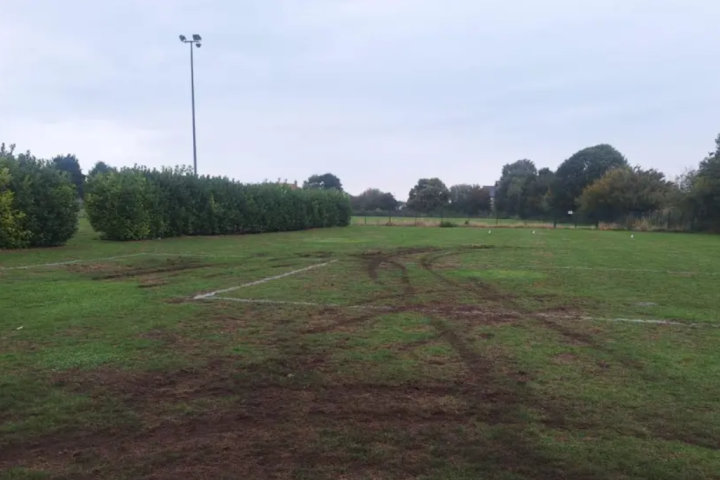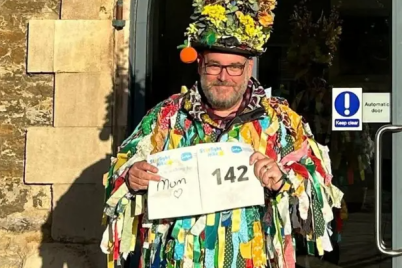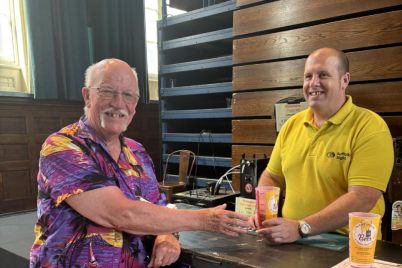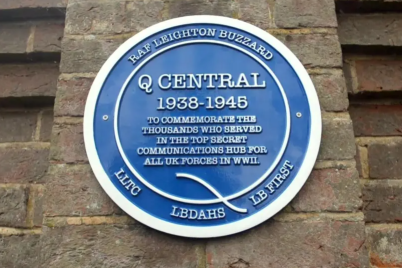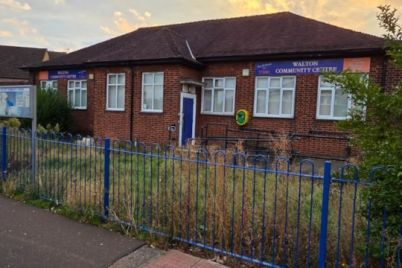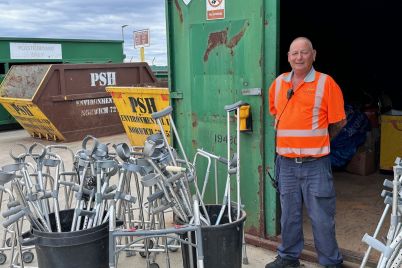A grassroots football club in Cambridgeshire has been left devastated after vandals drove a vehicle onto their pitch and tore up the playing surface, just hours after children had played their first match on it.
Littleport Rangers Football Club said it was the second time in three weeks the field at Camel Road Sports and Leisure Centre had been targeted. Both incidents are now being investigated by Cambridgeshire Police.
The most recent attack came after volunteers had already spent hours reseeding and repairing damage from the first incident, which cost about £400 in materials alone. Deep tyre ruts and churned soil have once again left parts of the pitch unplayable.
Vice chairman Steven Grindy described the vandalism as a major blow to the community-run club. “We’re only a small club and we’re going to struggle to afford to have last night’s work fixed,” he said. “They’ve done wheel spins and doughnuts and dug the grass up and made an absolute mess. We’re all volunteers, all we want is a safe place for the kids to enjoy. It’s not only our kids, it’s a public field.”
The disruption has already forced teams to move. The under-7s were relocated after their first match on the new surface, while the under-17s had already been shifted to another pitch to allow the grass to recover from the first incident.
Founded in 2009, Littleport Rangers run four youth teams at under-7, under-8, under-10 and under-13 levels. The club’s ethos is to keep costs low so that as many children as possible can take part in football. But repairing damage of this scale threatens that mission.
Mr Grindy said the vandalism could even affect small but important traditions. “With Christmas coming up, we normally buy all the kids a little Christmas hamper, some chocolate or something. If we’ve got to pay to repair this second lot of vandalism, we just physically won’t have the funds for it. It’s the knock-on effects behind the scenes that people don’t see.”
The Sports and Leisure Centre field is more than a football ground. It is also used by families, dog walkers and kite flyers, making it a shared green space for the whole community. The damage has therefore had a wider impact beyond the football club.
Police confirmed both incidents took place overnight, on 9 and 27 September. A spokesperson said: “On both occasions, a vehicle was driven onto the pitch causing significant damage to the grass surface and rendering parts of the pitch unusable for local teams.”
Repairing vehicle damage on football turf is far more complex than fixing an ordinary lawn. While homeowners may be able to aerate or reseed, sports pitches need specialist care. Tyre tracks compact the soil, reduce drainage and can rip up carefully nurtured turf. For grassroots clubs, reseeding might cost a few hundred pounds, but deeper repairs involving new topsoil, turf rolls or decompaction can easily run into thousands.
At the professional level, surfaces are often built in layers with sand-based root zones, making damage even more expensive to fix. While clubs like Littleport Rangers play on a simpler soil-based pitch, the principle is the same: once compacted and churned, the ground is unsafe for play and must be repaired properly.
The club said it would now approach the local council to ask for fencing to help prevent vehicles accessing the field. In the meantime, it remains dependent on the time and effort of volunteers to repair the pitch and keep youth football running.
For Littleport Rangers, the vandalism is not just about damaged turf. It has meant disrupted fixtures, disappointed children and the potential loss of community traditions. Yet despite the setbacks, volunteers continue to fight to provide a safe and welcoming place for young people to play the game they love.


